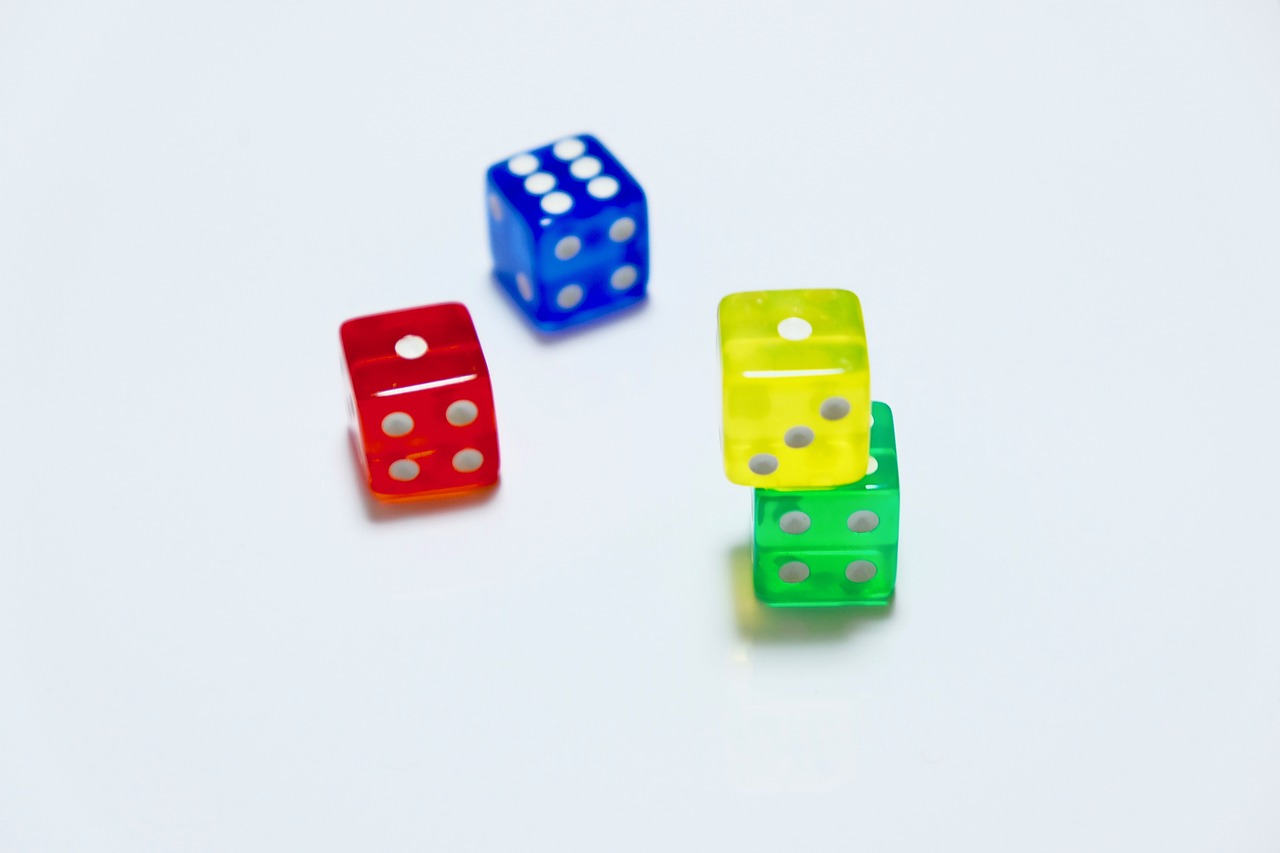Lottery Founders: Celebrating the First Draw

Lotteries have captivated people’s imaginations for centuries, offering the tantalizing prospect of changing lives with a stroke of luck. As we delve into the fascinating history of lotteries, it is essential to pay homage to the visionary individuals who pioneered the concept and organized the first-ever draw. In this blog, we celebrate the founders of the inaugural lottery draw and their significant contributions to the world of chance-based entertainment.
The Origin of Lotteries:
Lotteries have their roots in ancient civilizations. Notably, the establishment of one of the earliest recorded lotteries during the Chinese Han Dynasty around 205 BC. This dynasty is often credited with introducing this form of chance-based entertainment. In ancient times, lotteries served as a means to raise funds for significant public projects. Such as the construction of the Great Wall of China. Not limited to China, lotteries also emerged in other regions, including Rome, where they were employed as a financial resource for public amenities and military undertakings.
The First Draw:
To honor the history of lotteries, we turn our attention to Europe, where the foundations for modern lotteries were laid, creating a global phenomenon that thrives to this day.
During the early 15th century, an important moment in the history of lotteries unfolded in the Flemish city of Bruges, located in present-day Belgium. This remarkable event marked the first recorded lottery draw in Belgium. Referred to as the “Loterie de la Collégiale Saint-Pierre de Bruges,” this particular lottery was devised with the purpose of generating funds for the essential repair and maintenance of the city’s fortifications. In the year 1446, the draw took place, representing a groundbreaking milestone in the evolution and development of lotteries.
Participants purchased tickets bearing sequential numbers, and a predetermined number of tickets were drawn to determine the winners. Prizes were awarded based on matching numbers. The success of the Bruges lottery inspired similar initiatives across Europe, leading to the rapid adoption of state-sanctioned lotteries.
Expanding Popularity:
The popularity of lotteries quickly spread throughout Europe. With various countries developing their own versions. The English government introduced the first public lottery in London (1567), known as the “Queen’s Lottery.” This initiative aimed to raise funds for the construction of the Virginia Company’s colonies in North America. The English lottery of 1567 marked another significant milestone. Highlighting lotteries’ potential for financing ambitious projects.
Lotteries as a Force for Good:
Throughout history, lotteries have often been associated with charitable causes and public endeavors. They have served as a means to finance infrastructure development, public works, and social initiatives. In the 18th century, lotteries played a pivotal role in establishing esteemed educational institutions like Harvard and Yale in the United States.
Lottery Founders: Celebrating Their Legacy:
The pioneers behind the first lottery draws laid the groundwork for a global phenomenon that continues to captivate millions today. Their vision and innovation set the stage for the modern lottery industry, creating opportunities for individuals to dream big and change their lives.
While the names of the individuals involved in the earliest lotteries may have faded with time, we can pay tribute to their enduring legacy by recognizing the profound impact of their contributions. From the fortifications of Bruges to the establishment of prestigious universities, lotteries have left an indelible mark on history.
Lotteries have evolved significantly since the first draw in Bruges, with various formats and structures emerging over time. Today, lottery games are enjoyed by people worldwide, offering the chance to turn dreams into reality. As we celebrate the founders of the first draw, let us recognize the enduring allure of lotteries and the ways they have positively influenced societies throughout history.

